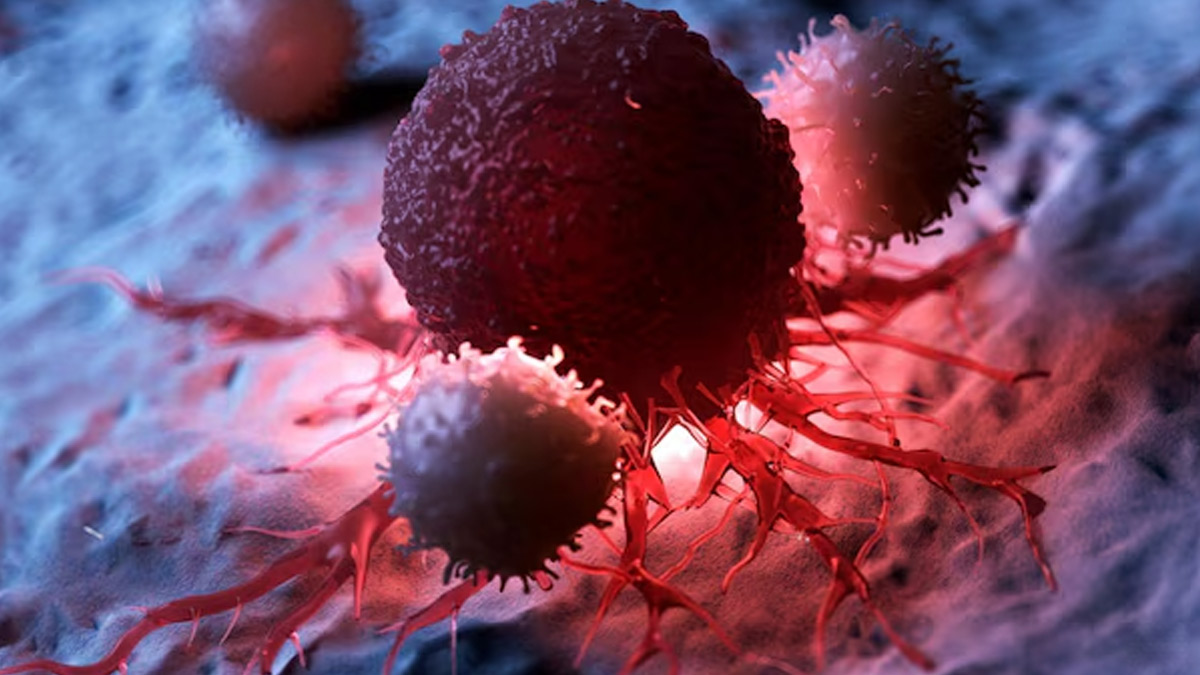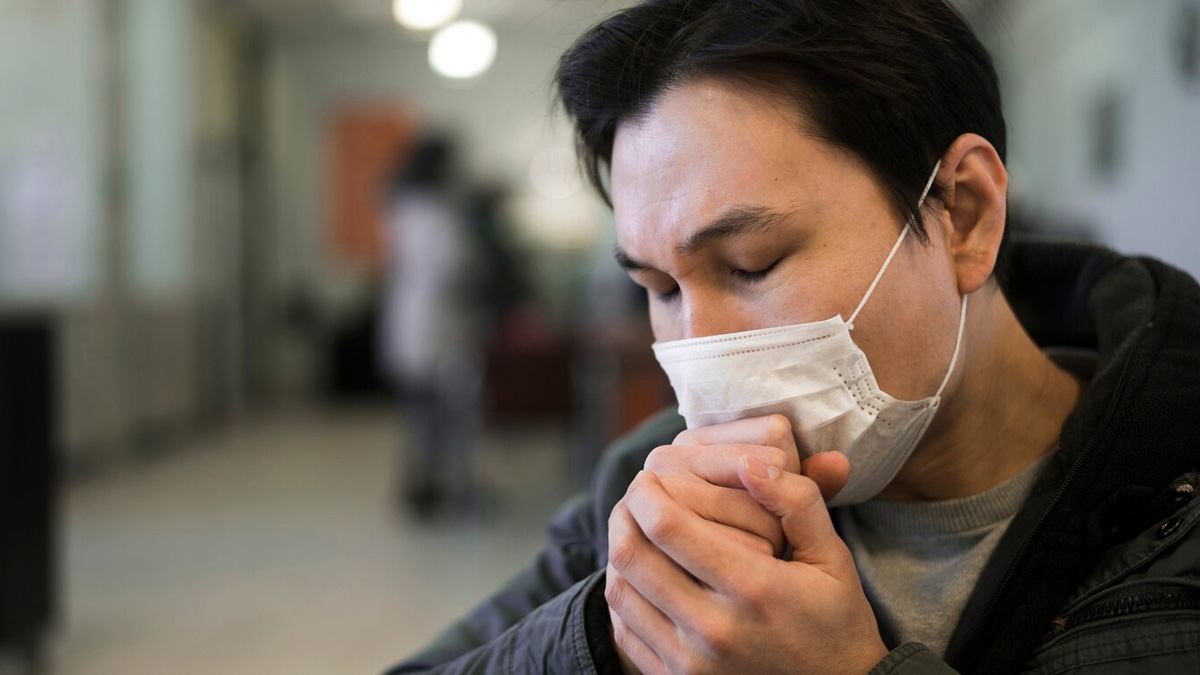
Cancer makes people extremely sick, even before a diagnosis is made. One may notice a wide range of symptoms that are either overlooked or mistaken for other illnesses, leading to delayed diagnosis and treatment. Therefore, while some cancers are more easily detected than others, there are cancers that form and grow undetected for a decade or more, according to a 2011 study published in Science Translational Medicine.
Table of Content:-
Experts suggest that if you frequently battle common infections and fall sick quite often, it is always advisable to get screened. This is because repeated episodes of infections and illnesses can be a sign of cancer triggered by weakened immune systems, shares Dr Aditya Sarin, Associate Consultant, Medical Oncology, Sir Gangaram Hospital, Delhi.
Also Read: Can Past Injuries Cause Skin Cancer? Expert
How Cancer Affects Your Body

Cancer is an umbrella term for a group of diseases that are characterised by abnormal cell growth and its potential spread to other parts of the body. Cancer isn't a single disease but rather a group of more than 100 diseases that affect different organs and functions in the body.
According to the World Health Organization (WHO)’s cancer agency, the International Agency for Research on Cancer (IARC), in 2022, there were an estimated two crore new cancer cases and 90.7 lakh deaths. About 1 in 5 people develop cancer in their lifetime; approximately 1 in 9 men and 1 in 12 women die from the disease.
As per the IARC’s Global Cancer Observatory, 10 types of cancer collectively comprised around two-thirds of new cases and deaths globally in 2022. Lung cancer was the most commonly occurring cancer worldwide, with 20.5 lakh new cases, accounting for 12.4% of the total new cases. Female breast cancer ranked second (20.3 lakh cases, 11.6%), followed by colorectal cancer (10.9 lakh cases, 9.6%), prostate cancer (10.5 lakh cases, 7.3%), and stomach cancer (9.7 lakh cases, 4.9%).
Cancer affects the body by disrupting normal cell growth, leading to uncontrolled cell division and the formation of tumours that can damage healthy tissues. Cancer cells can also spread to other parts of the body through the bloodstream or lymphatic system, causing further damage and potentially affecting multiple organs.
"From an oncological standpoint, several nonspecific symptoms should prompt evaluation if persistent or unexplained," highlights Dr Sarin. These include:
- Unexplained weight loss
- Chronic fatigue
- Night sweats
- Painless lymph node enlargement
- Easy bruising or bleeding
- Persistent bone pain or back pain
- Changes in appetite or bowel habits
“While these symptoms don’t confirm cancer, their presence, especially in combination with frequent infections, should lead to timely medical evaluation. Early detection significantly improves treatment outcomes in most cancers,” he adds.
Can Frequent Infections Be A Sign Of Cancer?

Interestingly, frequent infections can occasionally be an early indicator of certain cancers, particularly haematological malignancies such as leukaemia, lymphoma, or multiple myeloma, shares Dr Sarin, adding that these cancers originate in the blood or lymphatic system and can compromise the body's ability to produce functional immune cells.
"When normal White Blood Cell (WBC) function is disrupted, the body’s ability to fight infection diminishes, which may manifest as recurrent or unusually severe infections," he explains.
In some cancers, particularly those affecting the bone marrow or lymphatic system, the immune system is directly compromised. For example, in leukaemia, malignant cells proliferate in the bone marrow and crowd out healthy white blood cells, impairing the immune response. Additionally, cancers can produce substances that suppress immune activity, and treatments such as chemotherapy, radiation, and immunosuppressive therapies further reduce immune competence.
This weakened state predisposes patients to both common and opportunistic infections.
Infections To Watch Out For
Patients with undiagnosed cancer, especially haematologic cancers, may present with infections that are frequent, persistent, or resistant to conventional treatment. Common examples include:
- Recurrent respiratory tract infections, such as pneumonia or bronchitis
- Oral infections, like thrush or chronic mouth ulcers
- Urinary tract infections
- Skin or soft tissue infections
- Sinus or ear infections
Opportunistic infections that are otherwise rare in healthy individuals can also occur and should raise suspicion of an underlying immunocompromised state.
When To Get Further Testing For Infections?

If you have persistent or recurrent fevers, sore throats, or respiratory infections, especially when unexplained or poorly responsive to treatment, it may warrant further investigation. “As an oncologist, I would recommend a Complete Blood Count (CBC) with a differential as an initial step,” advises Dr Sarin. He adds that any abnormalities, such as unexplained anaemia, leukopenia, or thrombocytopenia, should prompt further diagnostic workup, including imaging or bone marrow evaluation, depending on the clinical picture.
The key is not to ignore patterns; recurrent infections in an otherwise healthy adult should never be dismissed, the doctor concluded.
Also watch this video
How we keep this article up to date:
We work with experts and keep a close eye on the latest in health and wellness. Whenever there is a new research or helpful information, we update our articles with accurate and useful advice.
Current Version